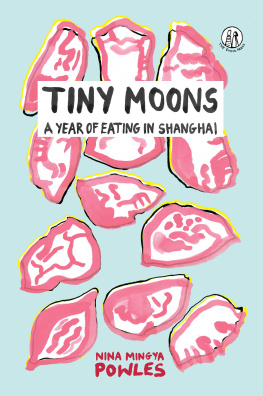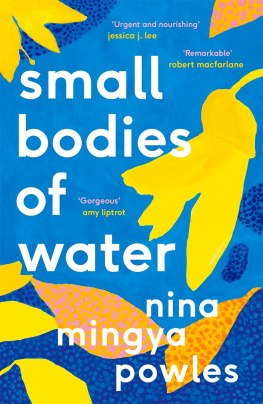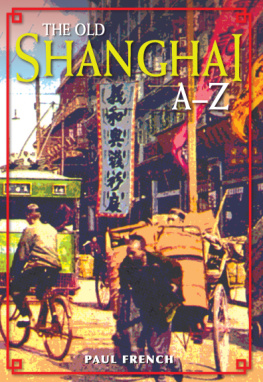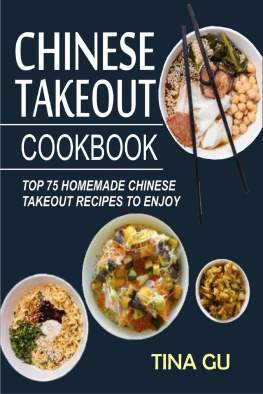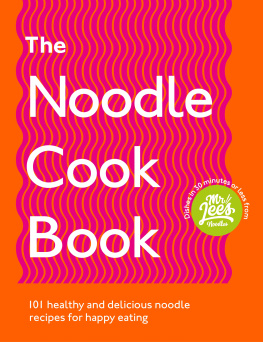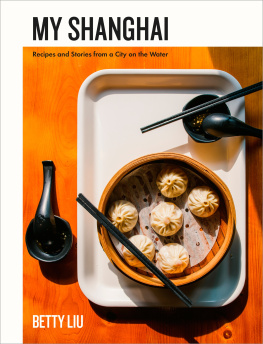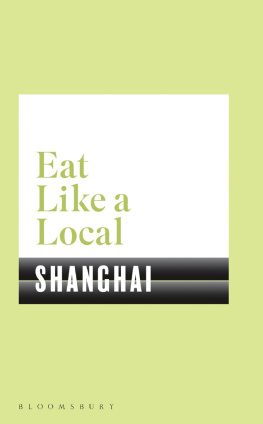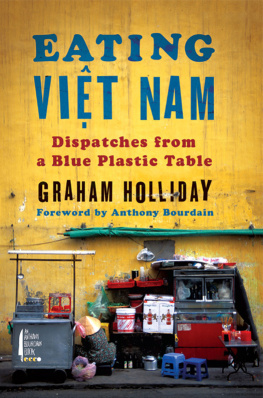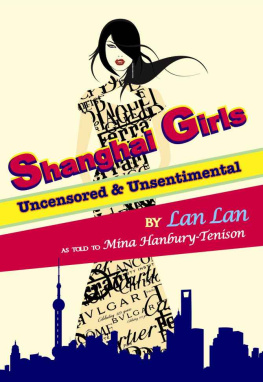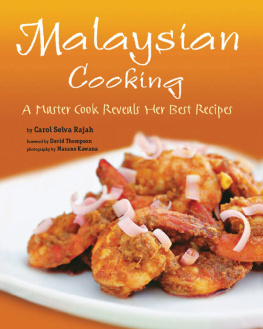TINY MOONS
OTHER TITLES FROM THE EMMA PRESS
POETRY PAMPHLETS
Elastic Glue , by Kathy Pimlott
Dear Friend(s) , by Jeffery Sugarman
Poacher , by Lenni Sanders
priced out , by Conor Cleary
The Stack of Owls is Getting Higher , by Dawn Watson
A warm and snouting thing , by Ramona Herdman
SHORT STORIES
First fox, by Leanne Radojkovich
Postcard Stories , by Jan Carson
The Secret Box , by Daina Tabna
Once Upon A Time In Birmingham , by Louise Palfreyman
POETRY ANTHOLOGIES
In Transit: Poems of Travel
Second Place Rosette: Poems about Britain
Everything That Can Happen: Poems about the Future
The Emma Press Anthology of Contemoprary Gothic Verse
BOOKS FOR CHILDREN
The Girl Who Learned All the Languages Of The World, by Ieva Flamingo
Wain , by Rachel Plummer
The Adventures of Na Willa , by Reda Gaudiamo
When It Rains , by Rassi Narika
Poems the wind blew in, by Karmelo C. Iribarren
POETRY AND ART SQUARES
Now You Can Look , by Julia Bird, illustrated by Anna Vaivare
The Goldfish , by Ikhda Ayuning Maharsi Degoul, illustrated by Emma Daian Wright
THE EMMA PRESS
First published in the UK in 2020 by the Emma Press Ltd
Text Nina Mingya Powles 2020
Illustrations Emma Daian Wright 2020
All rights reserved.
The right of Nina Mingya Powles to be identified as the author of this work has been asserted in accordance with the Copyright, Designs and Patents Act 1988.
Edited by Emma Daian Wright.
ISBN 978-1-912915-34-7
EPUB ISBN 978-1-912915-35-4
A CIP catalogue record of this book is available from the British Library.
Printed and bound in the UK by Imprint Digital, Exeter.
The Emma Press
theemmapress.com
Birmingham, UK
CONTENTS

A pair of pink plastic chopsticks. A bowl full of instant noodles. The smell of chicken stock and jasmine tea. Steam starts to tickle my nose. Popo, my grandmother, watches me from her lacquered chair.
This is one of my very early memories, where the shapes are blurred and colours flare out in waves. Pink and yellow plastic, deep blue Tibetan carpet. I dont know if all the parts are real, but I do know what happened next. When no one was looking, I flipped the bowl. The rim hit the table with a clatter, flinging out noodles and sending my chopsticks onto the floor. My mother shouted Aiyah! as I knew she would. But in the memory-dream, Popo doesnt move. She sits still, watching me.
I only wanted to make a mess, but I think this might have been my first act of rebellion. No more chopsticks. No more noodles, at least not today.
This was short-lived, of course. I ate noodles willingly nearly every day growing up, so much so that they were known as Nina Noodles at my aunt and uncles house.
But there came a time, when I was about five, when I started to hate my weekend Chinese classes. I had bad dreams about the red and gold banners strung across the doorways and the high-pitched songs they made us sing. None of the other kids looked like me. None of their dads looked like mine. The languages and dialects they spoke with their parents sounded familiar to me, and I recognised a few words, but I wasnt able to join in. I stopped attending the classes. Eventually my mother stopped using Chinese at home, or maybe I just stopped listening. Words vanished, along with the sounds.
ming / a sun next to a moon
ya / a tooth next to a bird

Big hips, brown eyes, and brown hair that turns lighter during a Aotearoa New Zealand summer. The way I look means that people cant usually tell that Im half Malaysian-Chinese. The way I look has given me enormous privilege my whole life, in a series of predominantly pakeha spaces: a white school, white university (in the English and Creative Writing departments at least), white suburb, white poetry readings. It means I can lie when a guy approaches me in a bar to say he really likes mixed girls and asks, Can I guess your ethnicity? It makes it easy for some white people to see me as the same as them.
My grandfather, Gung Gung, picked my Chinese name when I was born. Its also my middle name: , Mingya, meaning something like bright elegance. I only really learned to say it correctly when I was seventeen ( rising tone, falling-rising tone ) and only learned how to write the characters when I was twenty, after years of ducking out of the classroom game of whats-your-middle-name, muttering Never mind, its Chinese, as if that were the same as not having one at all.

I starved myself of language, but I couldnt starve myself of other things. Wonton noodle soup, Cantonese roast duck, my mothers crispy egg noodles and her special congee. All the thick, sweet smells of yum cha restaurants my parents took me to, ordering all the same dishes every time, ever since I was born. I remember peeling pieces of rice paper from steaming charsiu bao and scrunching them into paper flowers. I remember drawing one of the few Chinese characters I knew on the steamed-up glass with my finger: , mi, the character for rice, like an open flower or a six-point star.

We moved to Shanghai when I was twelve, and I encountered a whole new landscape of sound: voices chattering in rising-falling waves, chaotic but familiar. I built myself a new home with new colours, new friends, and new foods: mooncakes, sesame pancakes, fried aubergine, black tea, and dumplings.

To remember, to re-member. Remembering as the opposite of dismembering. To put something back together again. A sun next to a moon, a tooth next to a bird.
I taught myself to cook around the same time I decided to take Chinese as one of my subject majors at university back in Wellington, along with English Literature. I was hungry to create, to make things with my hands, to relearn and recover what Id lost.
Xu Ayi, our familys housekeeper in Shanghai, had written down her recipe for jiaozi, dumplings, and given it to my mother. My mother translated it into English and copied it carefully into her cut-and-paste recipe book made of scraps of newspaper and magazines. I used this recipe in my Kelburn student flat, trying out different fillings depending on which vegetables were cheapest at the market: spinach instead of Chinese cabbage, spring onions instead of chives. I researched all the different ways of making cong youbing, spring onion pancakes, and combined them into my own method, kneading and folding the dough early in the morning before class so it would be ready to fry that night.
When she was younger, Popo was a brilliant cook. The kitchen was hers and hers alone. She always had something cooking, some soup or congee made from the bones of last nights meat. I cant speak Hakka, the Chinese dialect my mothers family speak at home, so I only had simple conversations with her, in a mix of Mandarin and English, before her health deteriorated and speech wasnt really possible anymore. I wish I had thought to ask: whats your favourite dish to cook? Which flavours remind you of when you were little? What did your mother teach you?

